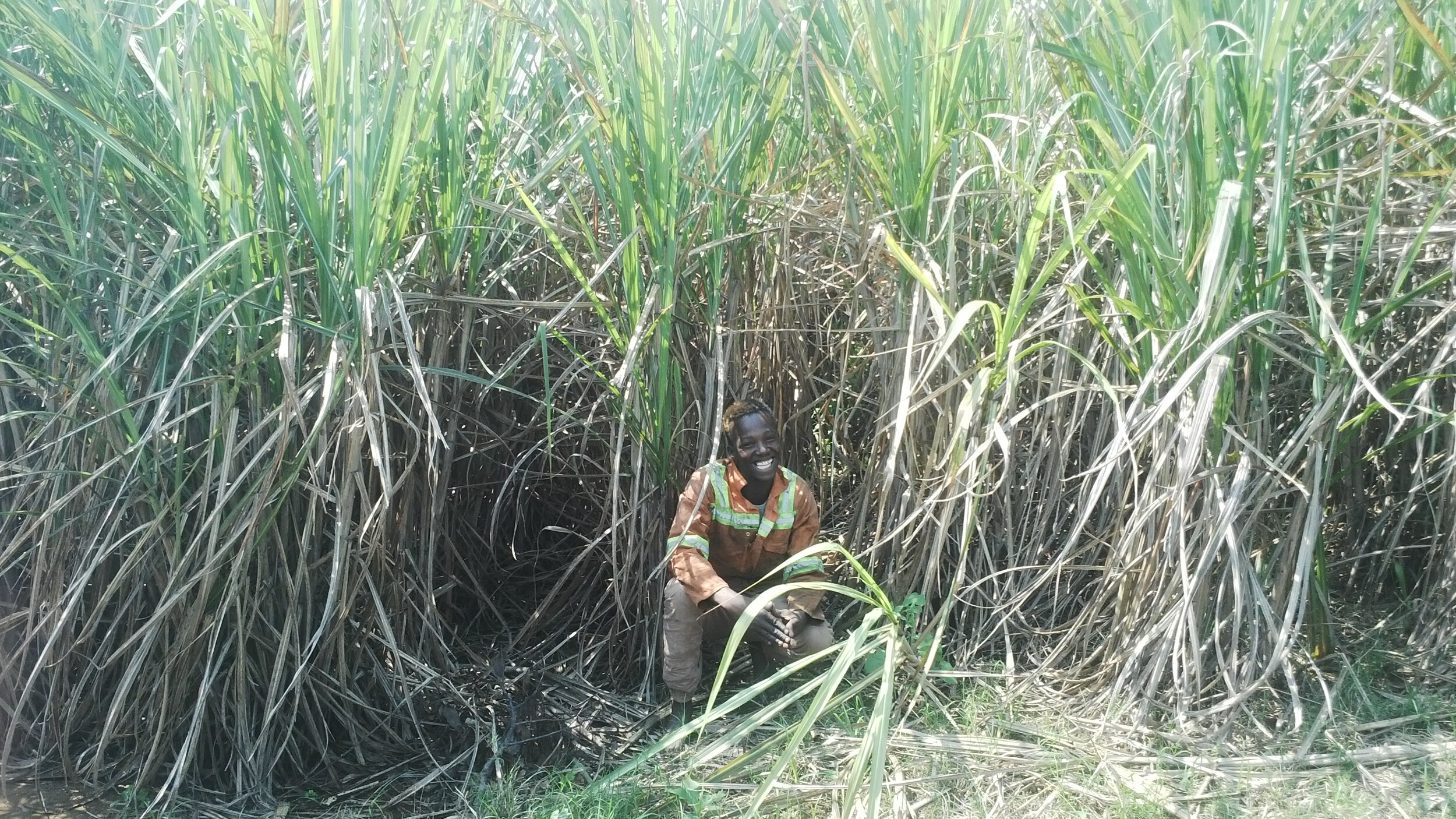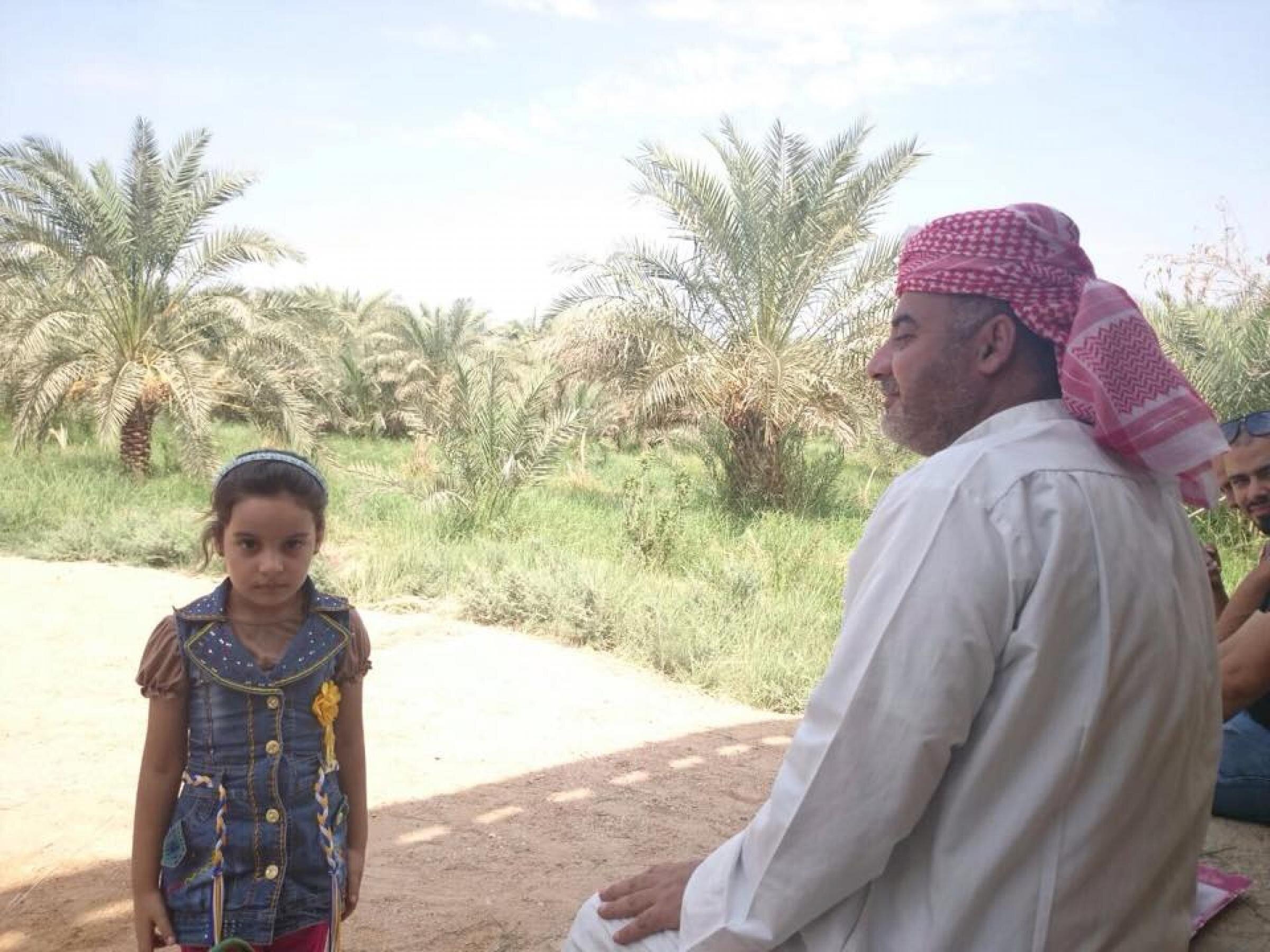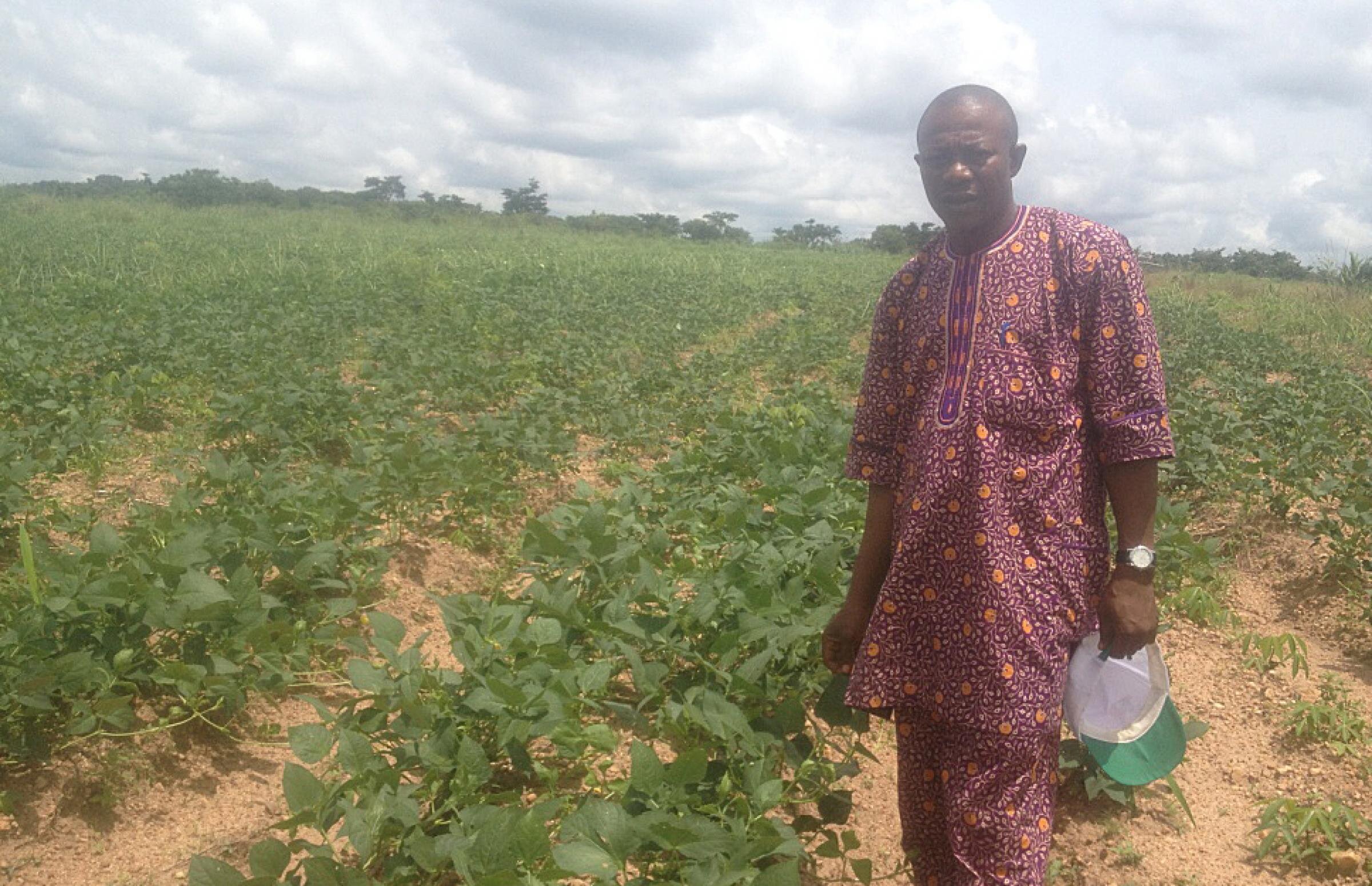
Breaking Ground
A Five-Part Series on Soil
MEXICO
"When we cultivated corn and millet, we had a tractor and prepared the land well, from plowing, tracking, one or two times to plant. In those years there was no spray liquid fertilizers, or if there were, we did not realize it. We lived in a small ranch just my father and us... We always worked hard, clearing the field by hand. Then, we started to use fertilizers, and with them we drew good harvests... I see there are farmers that use Tackle [an herbicide], three liters in a barrel when it has to be two at most. I tell them they will damage their land, and they say that nothing happens, but it shows, it weakens it." —Victor Manuel Landeros Sandoval, as told to Pablo Hernández Mares
EGYPT
"Every person looks out for himself, he looks out for how he can sell, how he can make money. He doesn’t think about human health, he doesn’t think about any of these things... They aren’t afraid to harm health if they can profit from it. Here we have something called the agricultural cooperative. If there’s something in the soil or any problem, it’s supposed to help. But they don’t solve anyone’s problems... They get a ration for fertilizer for each plot of ground. For example, if you have a ration of four bags of fertilizer, you can pick up one and they go and sell the rest on the black market. It’s the corruption of the earth... But, as we say, God be praised." —Ahmed Saif, as told to Emily and Nicholas Linn
HONG KONG
"We have all sorts of creatures living in the soil, so we have to feed them daily... we have to water them and grow some greens for them to have some food. That is the soil growing. So soil on the top, they have their own society and below that have another society, so we have to keep the society working by putting water, air and so the society gets bigger and bigger, so soil becomes rich." —Jinny Tong, as told to Alok Gupta
IRAQ
"The problems [we have] are weeds, water salinity, a shortage of fertilizers, and the absence of agricultural guidance... If we treat [weeds] with the chemicals, we will do harm to other crops, so we always have this problem. We still use the old methods like organic, compound and urea fertilizers, but for modern methods, no agricultural support is available. We used to get insecticides by helicopters in the past, but now, it’s been a long time since last one. Since 2003, we got a helicopter insecticides operation only once and was rather ineffective." —Mohammed Faisal, as told to Ammar Dawriya
NIGERIA
"The land has actually been depreciating in terms of fertility and that is why we try to encourage crop rotation. Areas we planted deep-rooted crops last year like cassava we decided to plant cowpea this year, and areas where we planted shallow rooted crops like maize, we are planting cassava this year... The knowledge can be improved through having constant training and exposure to interact with other farmers within Africa and beyond so that we can exchange ideas to imbibe the culture of modern farming. The way we are still farming in Africa, I can tell you that over sixty percent are still very peasant, and they believe in the cultural way of practicing farming, though we have been trying to encourage them to expose them into the modern system of farming because extension services are no longer available in Nigeria. This is because extension services serve as intermediary between modern technology and the farmers on the field. It has gone into extinction." —Tunde Arosanyin, as told to Samuel Ahmadu
MOLDOVA
"I do not own so much land, only 10 hectares... I've been working abroad for a while, gathered some money, and then I bought this land and a house... I feel good while working on the field. I also want my three sons to love this kind of work. Maybe if I do so, they would like to come back home from working abroad and start working in our country. Maybe they will do some something in our country... We don't want to get rich by working our land, we just want to survive more easily... We rotate our crops. We cannot leave one field to always be the same for every year, so if it’s corn it cannot be the same the following year. We use herbicides. I can't see other better options to fight the weeds. I spend almost 1,020 [Moldovan Lei, about 51 US dollars] to buy herbicides for one hectare of a sunflower crop. I have to do this." —Nicolae Sisian, as told to Catalina Botea
AUSTRALIA
"Farmers like me and others, we don't personally want to see our food transported long distances. We really want to see our foods eaten by the local community. We're not interested in degrading our land through chemicals in order to increase production. We're working, often, with a labor workforce that's less mechanical than what other farms would do. We're planting heirloom seeds and other foods that wouldn't transport well... If I know the population in this valley I live in is about 4,500, and it's about 100,000 people in Coff's Harbor a few K's down the road, and further north there's another 80 to 100,000 in Grafton — If I've got a huge number of those people buying from me and through the farm network that we're developing, and they're buying from those other farms, then those people are not buying from the supermarkets, the supermarkets are not able to use those funds to further subsidize growers that are growing in a way that further damages the environment, and I can so see that those small changes that I can affect have such a big potential to affect big business where they're doing the wrong thing." —Joshua Allen, Synchronicity Farm Local Food and Sustainability Hub, as told to Alex Park
TANZANIA
"I am 51 years old... I've been a maize farmer since 2001, and I love farming. To keep my farm fertile, I usually use traditional manure. The farm can lose fertility because of frequent cultivation of the same seed on the same farm," —Anderson Daniel, as told to Dotto Mnyadi
TURKEY
"Our main philosophy is to follow the rules of nature, so we always try to improve our farming activities by trying different techniques in light of this principle. We take inspiration from our ancestor's agricultural techniques and add them to our system. For example, we use the three sister crops system, in which the three crops benefit from each other: The maize provides a structure for the beans to climb, eliminating the need for poles. The beans provide the nitrogen to the soil that the other plants use, and the squash spreads along the ground, blocking the sunlight, helping prevent establishment of weeds. In this system we do not need to leave the soil to fallow... Our concern is creating a system by simplifying the cycle and using everything as efficiently and sustainably as possible." —Beste Kuşcu, as told to Alex Park









